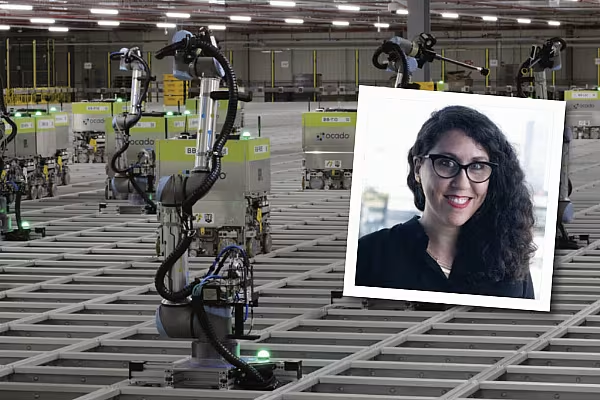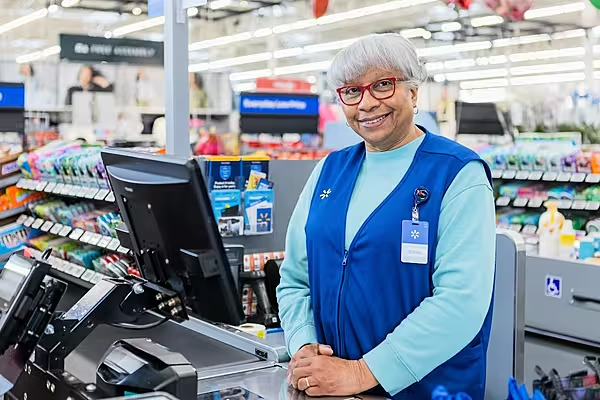As part of our Retail Technology report, ESM reached out to leading retail executives to get their perspectives on several salient topics when it comes to digital transformation – including Shiri Mosenzon-Erez, Chief Product Officer, Ocado Technology. This article first appeared in ESM's March/April 2024 edition.
Online grocer Ocado’s Ocado Technology arm is behind the Ocado Smart Platform, an end-to-end suite of e-commerce, fulfilment and logistics solutions for smart online grocery businesses that utilises AI, robotics, data science, and cloud computing technologies.
Shiri Mosenzon-Erez has held the role of chief product officer at Ocado Technology since September 2022, during which time she has helped retailers “confidently navigate the digital transformation, leveraging our innovative platform to achieve operational excellence and sustainable growth.”
Do you think that we have reached a tipping point in terms of technology adoption by retailers, and if so, why?
Certainly, the retail sector – and particularly grocery retail in the last few years – has reached a significant tipping point in technology adoption, catalysed by evolving consumer expectations and the swift pivot towards online shopping.
This shift has been further accelerated by recent global challenges, which emphasised the importance of digital resilience and the strategic advantage provided by technological innovation.
We can see chief digital officer roles in most retailers, and a much greater interest from retail bosses. In grocery, there is huge market share up for grabs in the fastest-growing channel – online – so the challenge of how to build a mass-market online proposition – profitably – is now urgent in grocery boardrooms. Retailers can’t afford to fall behind.
At Ocado, we pride ourselves on leading this evolution with our Ocado Smart Platform – OSP – delivering an unparalleled end-to-end solution that not only meets the immediate needs of digital transformation, but also redefines what’s possible in retail proposition and profitability through automation, AI, and Big Data analytics.
How do you expect data analytics and insights to shape decision-making processes for supermarkets in the future?
In the future, data analytics and insights will form the cornerstone of decision-making for retailers.
Ocado envisions a retail landscape where decisions across the board, from supply chain logistics to customer engagement, are driven by deep, actionable insights that are clear for humans to understand and do not require human intervention.
To what degree do you think that artificial intelligence and machine learning will influence the retail industry over the coming years?
The impact of AI and machine learning [ML] on the retail industry will be transformative. Within Ocado’s operations, both of these are already fundamental to the success of our UK business and the benefits we bring to partners worldwide. We apply AI and ML throughout our operations, and, in broad terms, these achieve two important outcomes.
Firstly, we use them to drive operational/economic efficiency. Grocery is a game of narrow margins, high volumes, and complex supply chains. To make money – especially online – requires targeted investments throughout the value chain, to find incremental efficiencies that add up either to big savings or new revenue opportunities.
AI/machine learning is core to this, whether it’s forecasting demand trends, enhancing inventory management, or driving down waste.
What challenges, if any, do you anticipate for retailers in terms of integrating new technologies into their operations?
Integrating new technologies into existing operations can present challenges – including the need for significant investment, new skill sets, updating legacy systems, and ensuring robust data security – so solutions need to be both easy to launch and effortless to run – a big focus for us – allowing retailers to maximise benefits with minimal operating costs.














